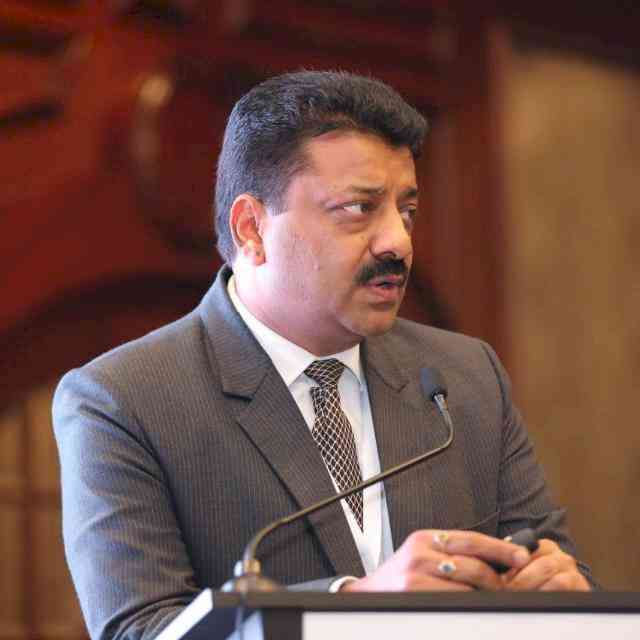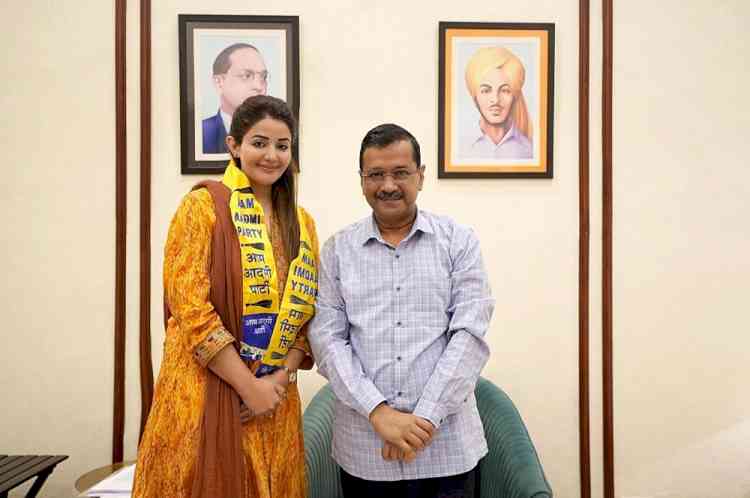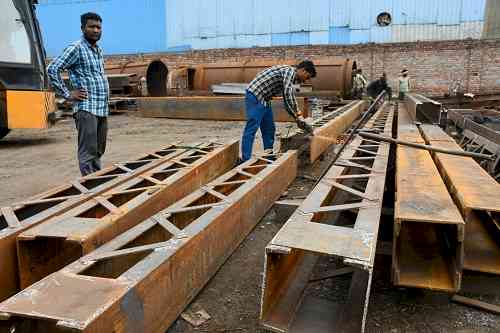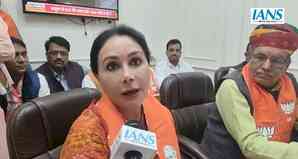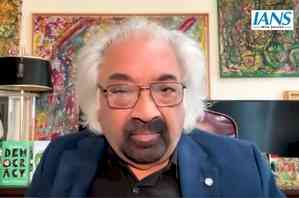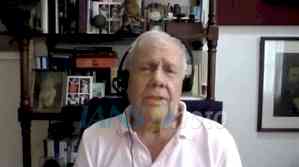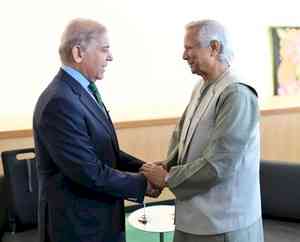World Senior Citizens Day celebrated with informative health talk at Max Hospital
Max Super Specialty Hospital, Mohali, celebrated World Senior Citizen Day by organizing health talks and free health checkup camps today.
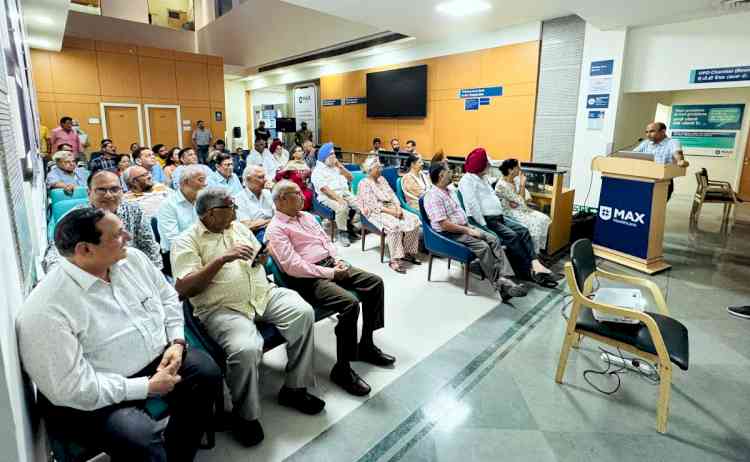
Chandigarh, August 18, 2024: Max Super Specialty Hospital, Mohali, celebrated World Senior Citizen Day by organizing health talks and free health checkup camps today.
Senior citizens from the community actively took part in it. The health talks are conducted in association with the Senior Citizen Association, Mohali.
Talking on ‘Understanding urological health in elderly, Dr. MS Randhawa, Associate Director Urology at Max Super Specialty Hospital, Mohali said, “As we age, our bodies undergo several changes, including within our urological system. Urinary incontinence, the involuntary leakage of urine, is one of the most common urological problems in older adults. This condition occurs in both sexes but is more prevalent in women due to changes associated with pregnancy, childbirth, and menopause. The types of incontinence include stress, urge, overflow, and functional, with differing causes and treatments. Management approaches include lifestyle modifications, pelvic floor muscle exercises, medication, and in some cases, surgery.”
“BPH, or enlarged prostate, primarily affects elderly men. Management often involves lifestyle changes, medications to reduce gland size or relax the bladder, minimally invasive therapies, or surgical procedures in advanced cases.”
Dr. MS Randhawa further said, “UTIs are bacterial infections that can affect any part of the urinary system. Though they can occur at any age, the risk increases with age, particularly in post-menopausal women due to changes in urinary tract anatomy and hormone levels. UTIs are typically treated with antibiotics, hydration, and over-the-counter pain relief.”
Kidney and bladder stones form when minerals crystallize in the urine. While they can occur at any age, the risk increases in older adults due to decreased kidney function and changes in diet and fluid intake. Prostate cancer is the second most common cancer in men, with the risk increasing with age. Early stages typically present no symptoms, but advanced stages may cause difficulties in urination, blood in semen, erectile dysfunction, and discomfort in the pelvic area. Regular screening is vital as it can detect cancer early, improving treatment outcomes. Management includes watchful waiting, radiation therapy, hormone therapy, surgery, and chemotherapy, asserted Dr. MS Randhawa.
Sanjay Mishra, Director Neurology while speaking on ‘Stroke: Symptoms & treatments’ said that stroke is emerging as the new epidemic Worldwide with 1.5 to 2.0 million new stroke cases being reported across the Globe every year. The actual numbers are bound to be higher, as many of these patients never reach health care facilities.
“Everyday around 3000-4000 strokes happen in India and not more than 2-3% are treated. Worldwide incidence rate of stroke in 60-100 cases per 100,000 population per year, whereas in India it is close to 145-145 cases per 100,000/year. India accounts for 60 % of all stroke patients globally. The reason for increased incidence in India is lack of awareness about the disease per se and the methods of prevention. He also shared that Stokes are responsible for more deaths annually than those attributed to AIDS, Tuberculosis and Malaria combined and yet it remains a silent epidemic,”
Stroke is of two types: ischemic and hemorrhagic. Ischemic stroke means that the blood supply to a portion of the brain is cut off due to a clot with resulting brain damage. It is similar to heart attack where blood supply to a part of the heart is blocked and that’s why it is also called brain attack. The other type is hemorrhagic in which there is bleeding in the brain, informed Dr Sanjay Mishra.
Treatment of ischemic stroke is done by intravenous injection of a drug which can dissolve the clot. Although it is an excellent treatment, but it is effective only if the clot is small and if given within 4 and a half hours of the beginning of stroke. Earlier patients reaching after 4-5 hours had no definite treatment options and were managed conservatively with supportive care, he maintained.
Meanwhile during the health check camp the free tests of PSA and uroflowmetry were also offered.



 City Air News
City Air News 
